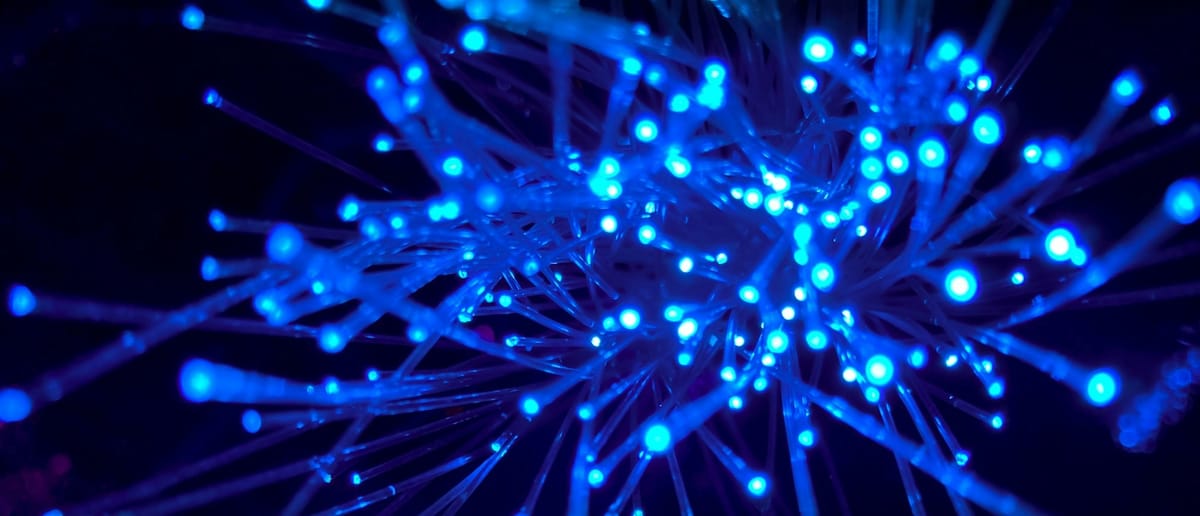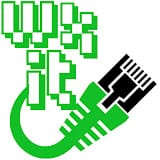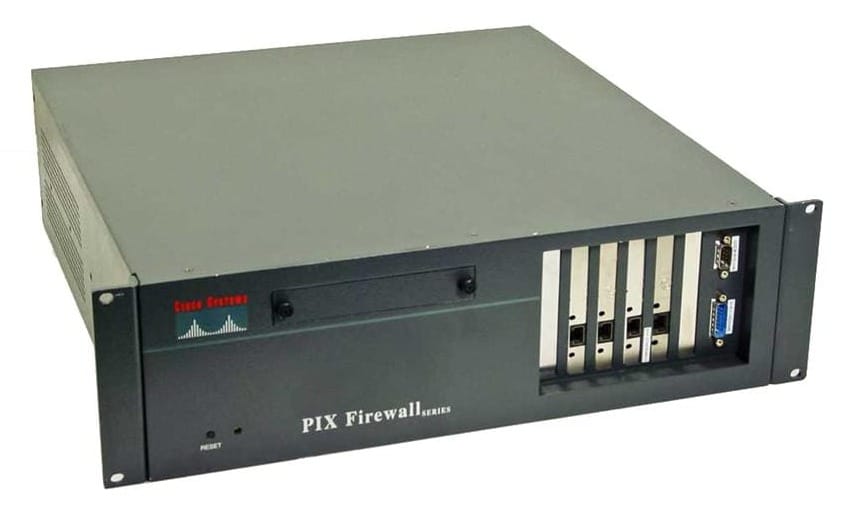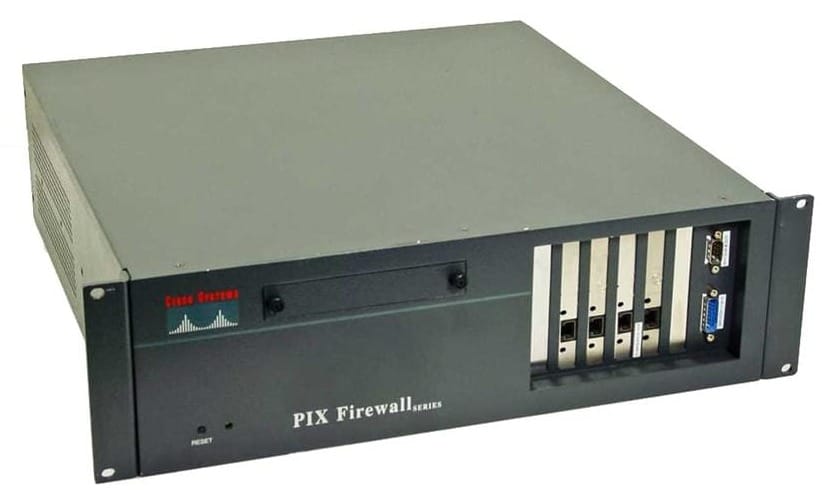IS-IS

IS-IS was originally developed by DEC for CLNS, but it was later adapted to also route IP. It is now called integrated IS-IS.
Link state protocol. Rarely runs the SPF algorithm, preferring partial route calculation (PRC).
IS-IS is a highly scalable routing protocol, which is why it is often used on large service provider network backbones.
It’s not encapsulated in an IP packet, requires an OSI address, connectionless network service address (CLNS)
| Ethernet Header | IS-IS Header | IS-IS Data | FCS |
Area and Router roles
Entire router is in an area not interfaces. IOS default is Level 1-2.
- Level 1 system - intra-area router, only knows what the local area looks like.
- Level 2 system - backbone router
- Level 1-2 system - router performs both roles, creates separate level 1 and 2 link-state databases, and two SPF trees.
Sends hello packets to form neighbour adjacencies, will only form on the same level
L1 routers try to find the closest L1-L2 exit

LSP (Link State Packet)
- one or more prefixes
- Adjacent neighbors
- Metric (0-63 old devices, 10 is default)
NSAP Addresses
Since IS-IS was built on CLNS, it requires CLNS addressing.
CLNS addresses used by IS-IS apply to the entire device.
NSAP - Network Service Access Point
NSAP Address is up to 20 Bytes
Last byte (NSEL) is always 00 (Representing an IS), address is referred to as a NET number
ISO NSAP Address Format
- IDP - Initial Domain Part
- AFI - Authority and Format Identifier
- IDI - Initial Domain Identifier - subdomain under the AFI
- DSP - Domain Specific Part
- High-Order DSP - Subdivides the domain into areas.
- System ID - Identifies an individual OSI Device
- NSEL - Identifies the process on the device
Cisco NSAP Address Format
IS-IS only uses three of the five OSI-defined fields
- AFI is set to 49 - private address space (RFC 1918)
- Area Address - Area ID
- System ID - 6 bytes
- NSAP Selector (NSEL) - set to 00
Example: 49.1234.aa15.b322.1841.00
49.1234 = Area
aa15.b322.1841 = System ID
00 = NSEL
Best practice is to ensure all system IDs are unique in the domain, but only have to be unique in the area.
IS-IS Configuration

#PE1
router isis
net 49.0051.1111.1111.1111.00
is-type level-1
int s0
ip router isis
isis metric 35
#P1
router isis
net 49.0051.1111.5151.1111.00
is-type level-1-2
int s0
ip router isis
isis circuit-type level-1
isis metric 35
int fa0/1
ip router isis
isis circuit-type level-2-only
#C1 IOS-XR
router isis 1
net 49.0010.1111.1111.1111.00
is-type level-2-only
int gi 0/1/0/1
address-family ipv4
show clns neighbors
show clns interface



